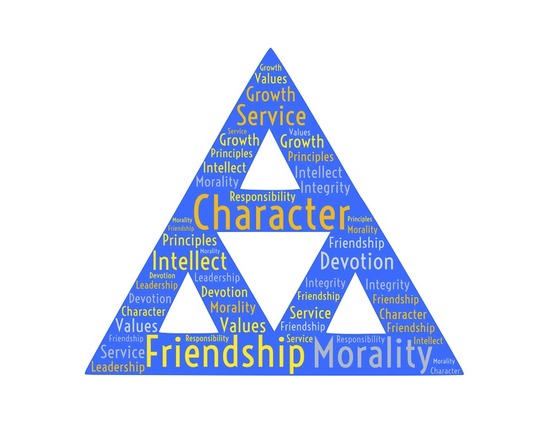|
Beyond the play of words here, there is an important matter that needs to be addressed, since data science is becoming increasingly influential nowadays, in various aspects of our lives. Gone are the days when it was limited to the data science departments of certain companies; these days, the impact of data science transcends the boundaries of the organizations it serves. Take for example the data scientists working for large companies like Facebook and Google. The impact of their work influences a large number of people, even outside the companies themselves. Perhaps the range of this impact is hard to fathom even by the managers of these data science teams since it often has a lasting impact that's nearly impossible to gauge without sufficient data and the time required for this impact to fully manifest.
Ethics is a word that's used so much that has lost its meaning, or maybe it was never really properly defined in the first place. Also, with the impersonal aspects of ethics being formalized in particular codes of conduct, it has lost its essence since it has been reduced to a number of do's and don't, a set of guidelines which can be followed unconsciously and mechanically. However, ethics is the formal aspect of morality, which is founded in the values we follow. The latter is real and oftentimes comprehensible things that we express in our actions, oftentimes consciously. Values like honesty, diligence, and efficiently don't require a Master's in philosophy in order to comprehend, while the ethics of a modern information worker can be a bit more abstract and challenging to relate to. Values are something we have, whether we talk about them or not, and it's not too difficult to figure out what these are with a little introspection. However, even though values are a personal matter, they have a concrete effect on our work and in how we relate to the world. Good managers are aware of that and pay attention to the values of the candidates of the positions they wish to fill. The resume/CV is important but it’s not the only factor at play when hiring a professional. Perhaps it's time to pay attention to this aspect of the craft more. Knowledge and know-how are becoming more easily accessible to everyone, particularly those who are willing to pay for that, an investment that is guaranteed to pay off. That's great, particularly for those who wish to enter this field even if their education is not aligned with this subject. Still, it's equally important to balance this aptitude with the moral strength that empowers us to deliver our data science work in a way that respects other people's privacy and doesn't abuse the information involved. At one point in our careers, it is natural to come into a crossroad where we need to either do is expected or do what is ethically right. The former is bound to be a more tempting option, at least financially, while the latter may be void of any direct benefit. Having a solid set of positive values may help us make the right choice instead of trading the long-term benefit of the many for the short-term gain of the few.
0 Comments
Your comment will be posted after it is approved.
Leave a Reply. |
Zacharias Voulgaris, PhDPassionate data scientist with a foxy approach to technology, particularly related to A.I. Archives
April 2024
Categories
All
|

 RSS Feed
RSS Feed